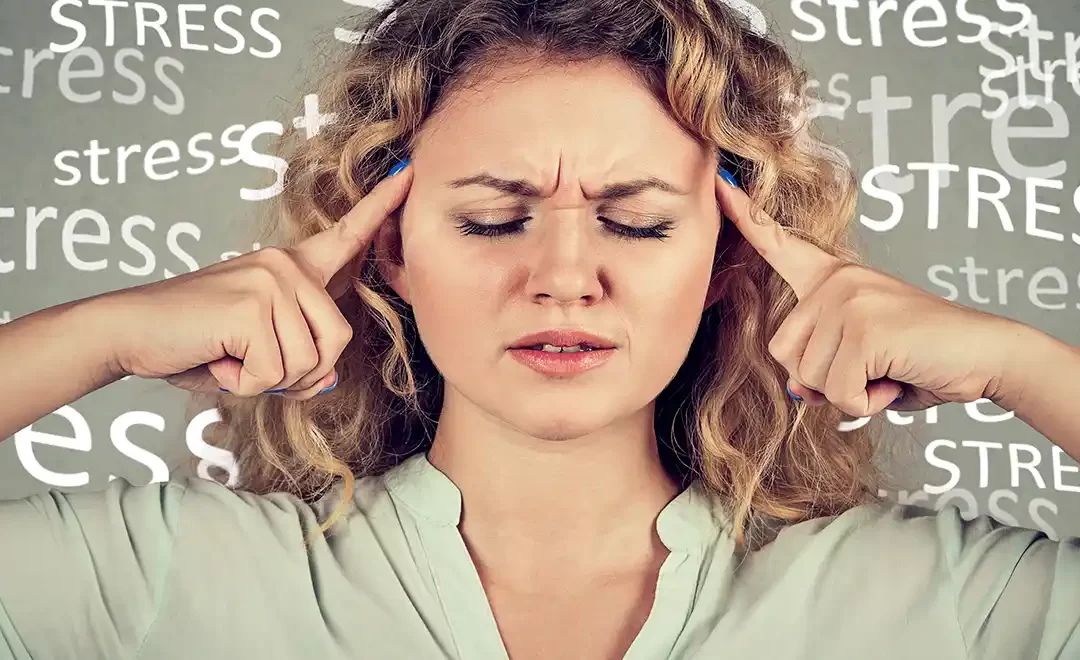By Holly Houston, Anxiety and Stress Center, Homewood, IL
We’ve all experienced moments when our hearts race, our breathing quickens, and we feel on edge—often due to stress. You may have even felt your blood pressure rise during a tense situation. But does stress cause high blood pressure?
At the Anxiety and Stress Center in Homewood, IL, we often hear this question from clients concerned about their heart health and mental well-being. Let’s unpack the relationship between stress and blood pressure, based on science—not just speculation.
The Body’s Stress Response: A Temporary Spike
When you’re stressed, your body enters what’s commonly known as “fight-or-flight” mode. This is an automatic response designed to help you handle danger or threat. During this response, your body releases stress hormones like adrenaline and cortisol, which:
-
Increase your heart rate
-
Narrow your blood vessels
-
Temporarily raise your blood pressure
These short bursts of high blood pressure are completely normal and usually subside once the stressor is gone. So while stress can cause temporary spikes in blood pressure, it’s important to distinguish that from chronic high blood pressure, also known as hypertension.
Does Stress Cause High Blood Pressure?
Here’s the truth: Stress by itself does not directly cause long-term high blood pressure. However, it can indirectly lead to habits and physiological changes that contribute to the development of hypertension.
What the Research Says
Numerous studies show that while stress may not be a primary cause of high blood pressure, it plays a contributing role. People under chronic stress may:
-
Exercise less
-
Eat high-sodium, processed foods
-
Drink more alcohol
-
Smoke
-
Sleep poorly
All of these behaviors can increase blood pressure over time. In short, stress affects the choices you make, and those choices can affect your cardiovascular health.
The Vicious Cycle of Stress and Blood Pressure
Many people fall into a dangerous loop:
-
They experience stress
-
Their blood pressure rises temporarily
-
They worry about their health
-
That worry creates more stress
This “stress–blood pressure loop” is particularly common in individuals with generalized anxiety disorder (GAD) or health-related anxiety. At our center in Homewood, IL, we’ve worked with many clients trapped in this cycle—feeling physically tense and mentally overwhelmed.
Breaking this loop is crucial for both mental and physical well-being.
Chronic Stress and Your Body
Over time, chronic stress can keep your body in a heightened state of arousal. This prolonged exposure to stress hormones can:
-
Damage blood vessels
-
Increase inflammation
-
Disrupt sleep and digestion
-
Lead to anxiety and depression
Even if these effects don’t show up immediately as high blood pressure, they set the stage for long-term health risks, including heart disease, obesity, and insulin resistance.
Managing Stress to Protect Your Heart
While you can’t always eliminate stress from your life, you can change how you respond to it. Evidence-based stress management techniques include:
1. Mindfulness and Meditation
Practicing mindfulness can lower cortisol levels and reduce blood pressure. Just 10 minutes a day of focused breathing or meditation can help.
2. Physical Activity
Exercise is a powerful stress reliever that also improves heart health. Aim for at least 30 minutes a day of walking, yoga, swimming, or dancing.
3. Therapy and Counseling
Working with a therapist can help you manage the emotional side of stress, develop coping skills, and reframe negative thought patterns. Cognitive Behavioral Therapy (CBT), in particular, is highly effective.
4. Sleep Hygiene
Poor sleep is both a cause and consequence of stress. Creating a calming bedtime routine and avoiding screens before bed can improve rest and resilience.
When to Seek Help
If you’re feeling overwhelmed, anxious, or constantly tense, it may be time to get professional support. Signs you may benefit from counseling include:
-
Trouble sleeping due to worry
-
Feeling constantly on edge or fatigued
-
Panic attacks or rapid heartbeat
-
Avoiding situations because of fear or stress
At the Anxiety and Stress Center in Homewood, IL, we specialize in helping people navigate life’s challenges, reduce stress, and regain control. You don’t have to face it alone.
Final Thoughts: Stress and Blood Pressure
So, does stress cause high blood pressure? Not directly—but it plays a significant role in behaviors and biological responses that can lead to hypertension. The good news is, managing stress is one of the most powerful things you can do for your body and your mind.
Whether you’re looking to better understand your physical symptoms, improve your coping strategies, or take a proactive step toward heart health, our team at the Anxiety and Stress Center is here to help.
Need support managing stress or anxiety?
Reach out to us at the Anxiety and Stress Center in Homewood, IL. Call us at (708) 799-7774 or visit www.anxiety-stresscenter.com to schedule an appointment.
